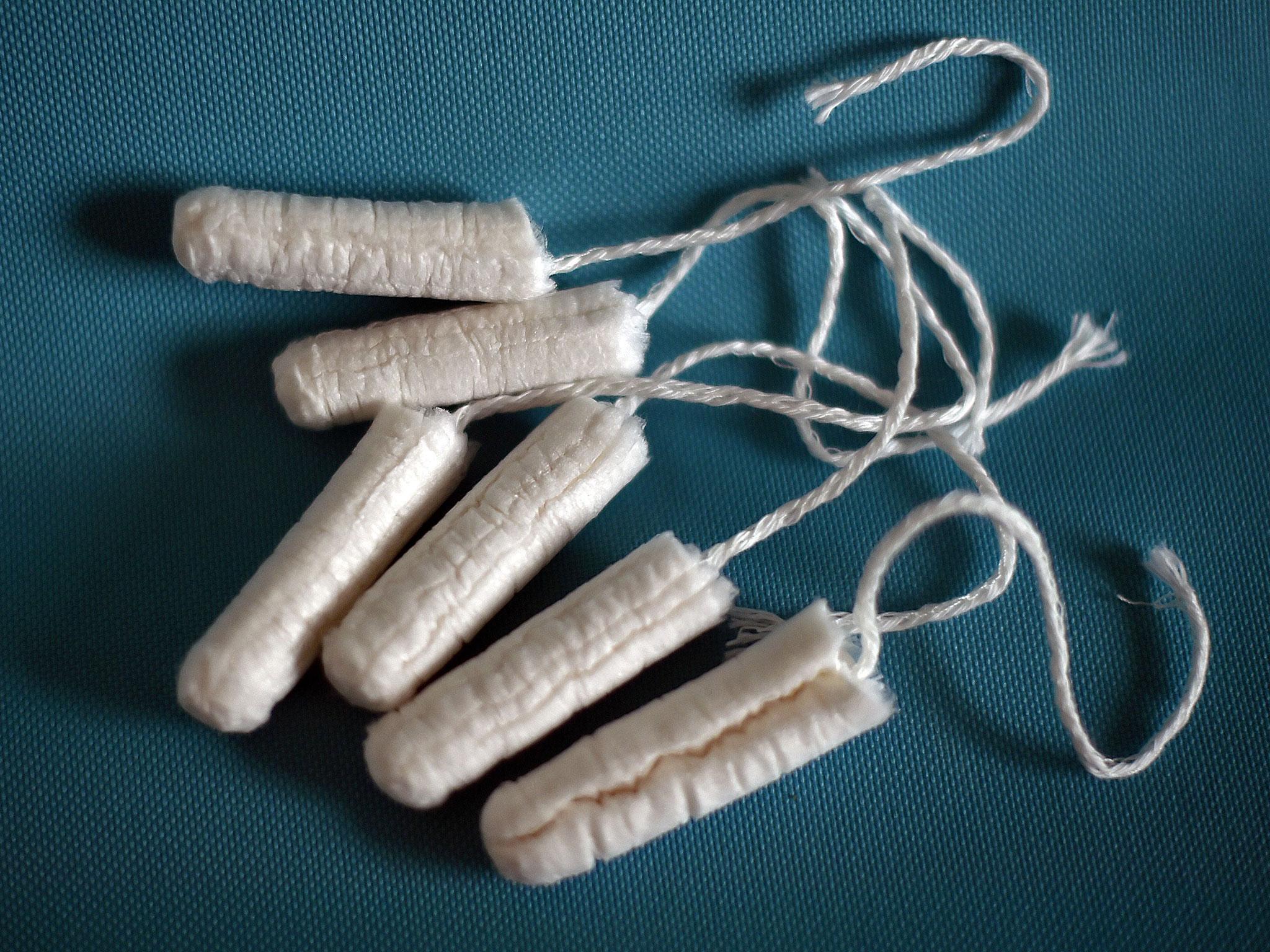International Women's Day: 6 ways that negative attitudes towards periods cause problems around the world
Negativity towards menstruation can impact education and cost money

Almost half of the world’s population have them, but periods remain a taboo subject across the world.
Recent campaigns have sought to cut away the shame surrounding menstruation, from calls to stop taxing tampons as luxury items to a study revealing the 5,000 slang words used to describe the monthly cycle which highlight worldwide embarrassment.
Charities argue that while many believe that periods are trivial or should be kept private among women, keeping the bodily function shrouded in mystery and shame is in fact dangerous.
On International Women’s Day, here are six ways that attitudes towards periods affect women around the world.
UK
More than 316,000 people have signed a petition calling for sanitary products, including tampons and pads, to no longer be taxed as luxuries.
They are classed as such because of EU laws to standardise tax.
“Periods are no luxury. You can ‘opt-in’ to extravagance. You cannot choose to menstruate,” reads the Change.org petition.
The pressure the campaign has placed on the Government prompted Chancellor George Osborne to debate the issue during the Autumn Statement in 2015.
Laura Cortyon, who started the petition, recently told The Independent that having Mr Osborne say the word “tampon” in Parliament was progress in itself.
Russia
Some three quarters of women in Russia do not feel they were taught adequately about menstruation as girls, a survey of nearly 90,000 women from 190 countries by the menstrual app Clue found.
A further 86 per cent of women and girls said they would hate to talk to a male classmate about periods.
In 2013, a Russian politician was accused of sexism for suggesting that women should be given two days leave a month when they were on their periods.
Mikhail Degtyaryov, of the populist LDPR party, argued that: “During that period, most women experience psychological and physiological discomfort,” the Mail Online reported.
A company in Bristol has recently adopted a similar policy. The firm argued that women who experience extreme pain should not feel ashamed to call in sick.
India
Myths and taboos surrounding periods mean that women who are menstruating can be restricted from preparing certain foods, temples, touching other people according to The Menstrual Hygiene Day campaign.
Such attitudes mean that 70 per cent of girls do not know what menstruation is when they start their periods, according to a survey by the organisation of 747 girls across the country.
In terms of GDP per capita, India is one of the top 50 poorest nations in the world, according to World Bank data.
Many women are unable to obtain sanitary products, with 88 per cent using fabric, rags or sand to soak up their menstrual blood. This situation is worsened by the fact that 130 million of India’s households do not have toilet facilities, making it difficult for women and girls to find privacy.
Period euphemisms around the World
Show all 8Uganda
Negative attitudes towards periods also affect girls’ education. Ugandan girls miss 24 days of 220 days at school each year because they cannot afford to buy mainstream sanitary products.
One 15-year-old girl from the western Ugandan town of Kasese, who wanted to remain anonymous, told Menstrual Hygiene Day campaigners that buying sanitary pads is “very hard” because of the country’s struggling economy.
“Not everybody can even get enough money to buy a cotton wool or tissue paper and using a cloth we always fear because it may fall off while with friends.
Instead, banana fibres, old clothes, wood, sand and soil, handkerchiefs, underwear or polythene bags are used.
However, the campaigners say that “great progress” is being made across the country to empower and educate women about periods, as the use of sanitary products such as menstrual cups are becoming more widespread.
USA
A recent worldwide survey revealed that women in the US report feeling ashamed and embarrassed about their periods. The poll by Clue found that over 30 per cent of American women did not feel comfortable speaking to a male family member about their period.
However, President Barack Obama has criticsed the tampon tax in the UK. He said in January 2016: "I have no idea why states would tax these as luxury items. I suspect it's because men were making the laws when those taxes were passed."
Japan
Yoshikazu Ono, the son of famous Japanese sushi chef Jiro Ono, drew attention to attitudes towards periods by saying that women cannot be sushi chefs because of their periods.
He told The Wall Street Journal: “To be a professional means to have a steady taste in your food, but because of the menstrual cycle women have an imbalance in their taste, and that’s why women can’t be sushi chefs.”
A group of women in Japan have tried to combat this attitude, by opening what is believed to be the first sushi restaurant staffed entirely by female chefs.
Yuki Chizui, who manages Nadeshiko Sushi in Tokyo’s Akihabara district, told The Guardian: “It’s all about having the confidence,” said Chizui. “The hours are long and the work can be physically tough, so that’s why some people believe women are not up to it. If they want it badly enough, they can overcome the sexism.”
Subscribe to Independent Premium to bookmark this article
Want to bookmark your favourite articles and stories to read or reference later? Start your Independent Premium subscription today.

Join our commenting forum
Join thought-provoking conversations, follow other Independent readers and see their replies